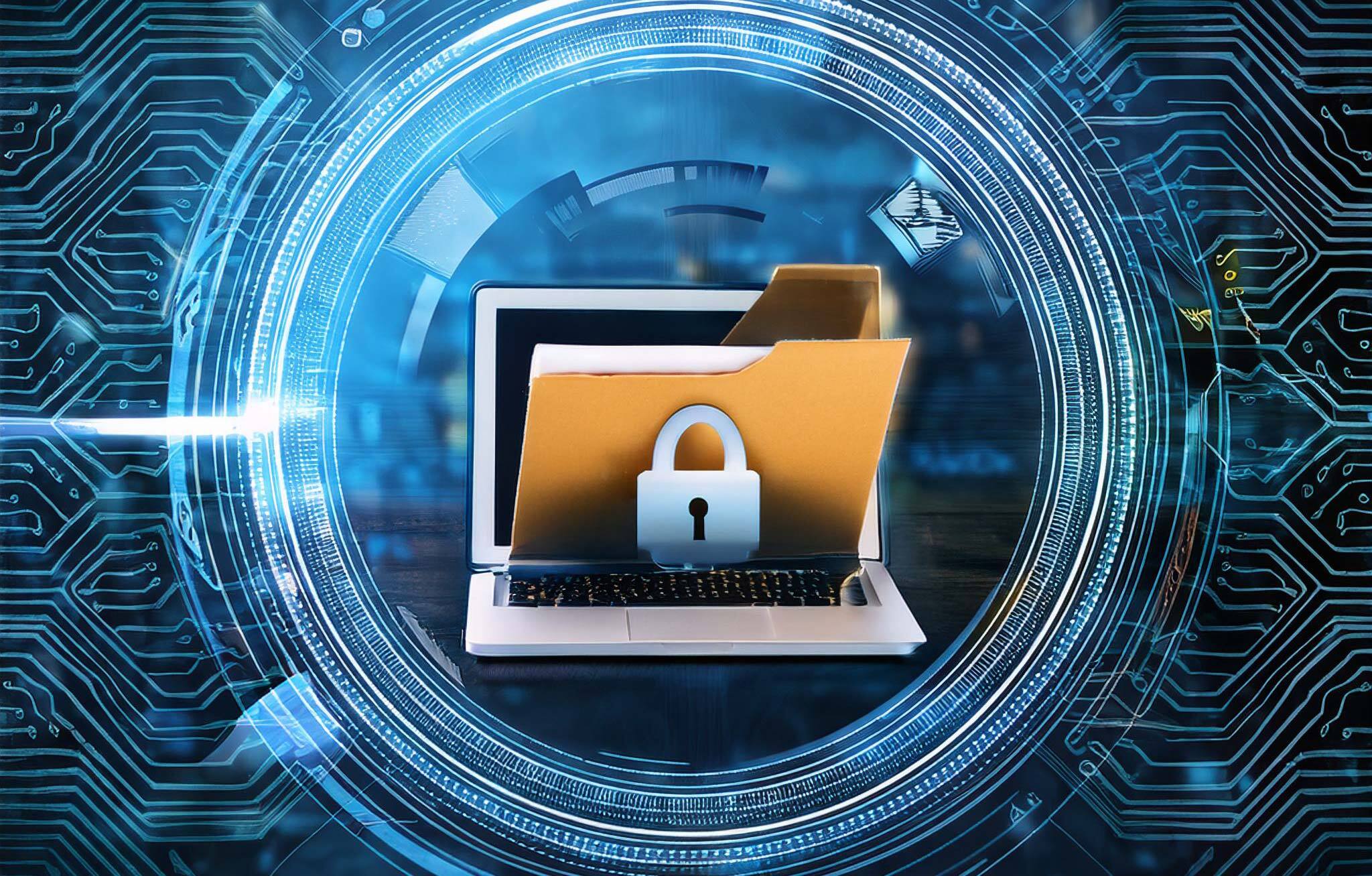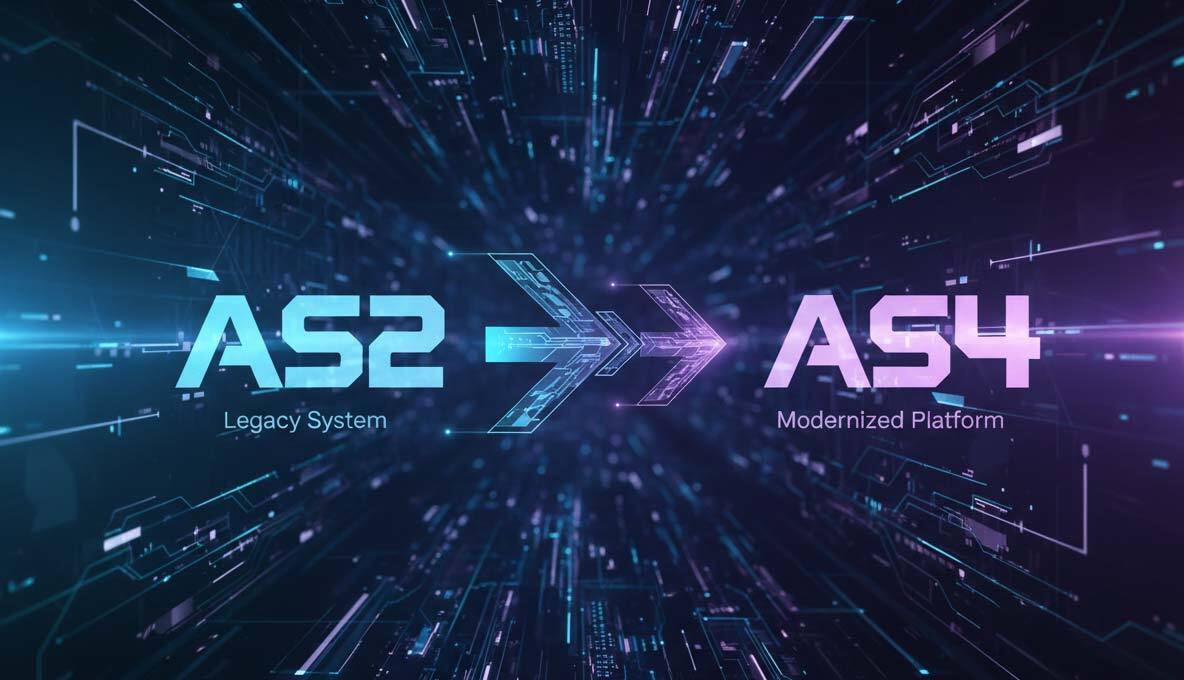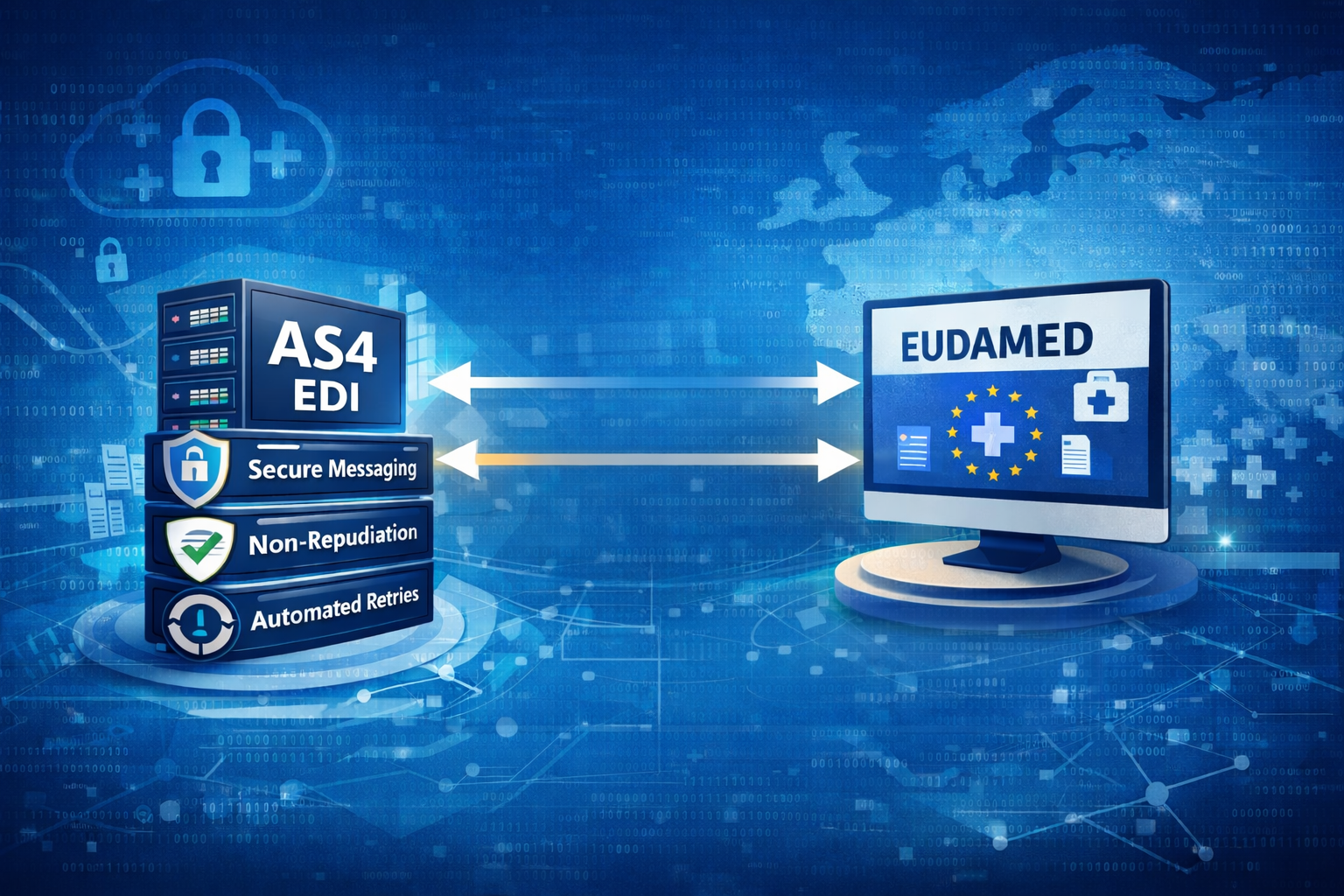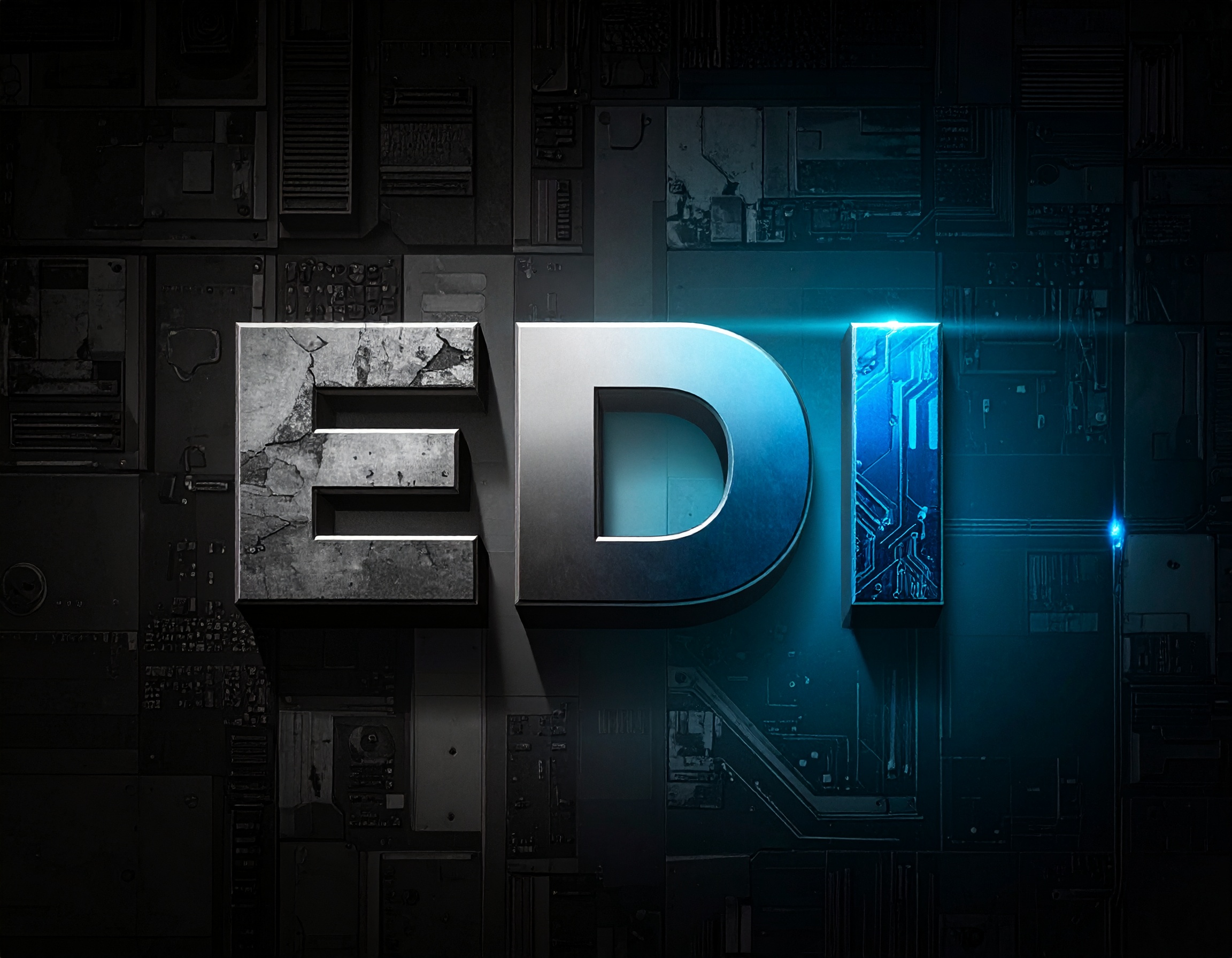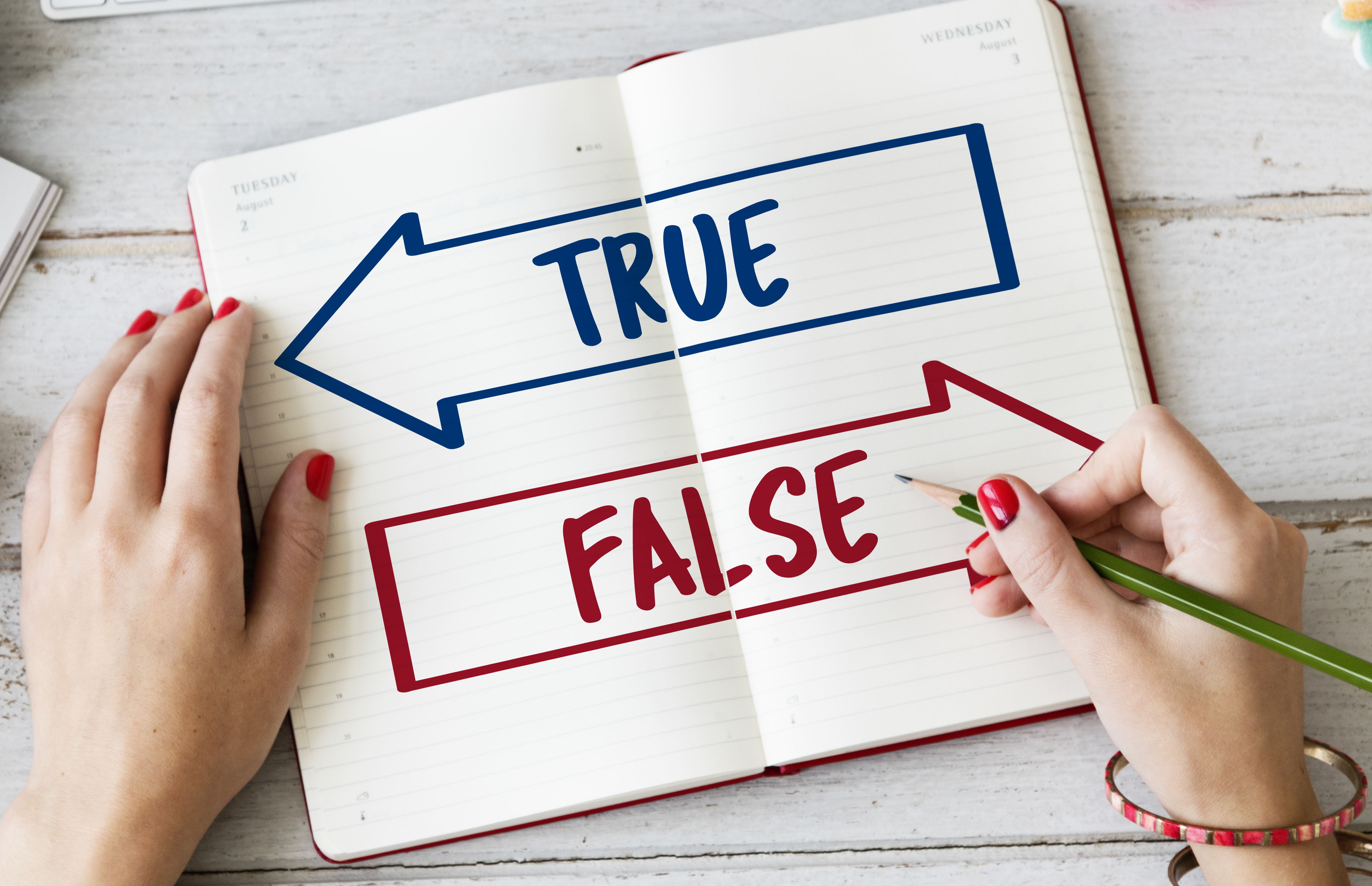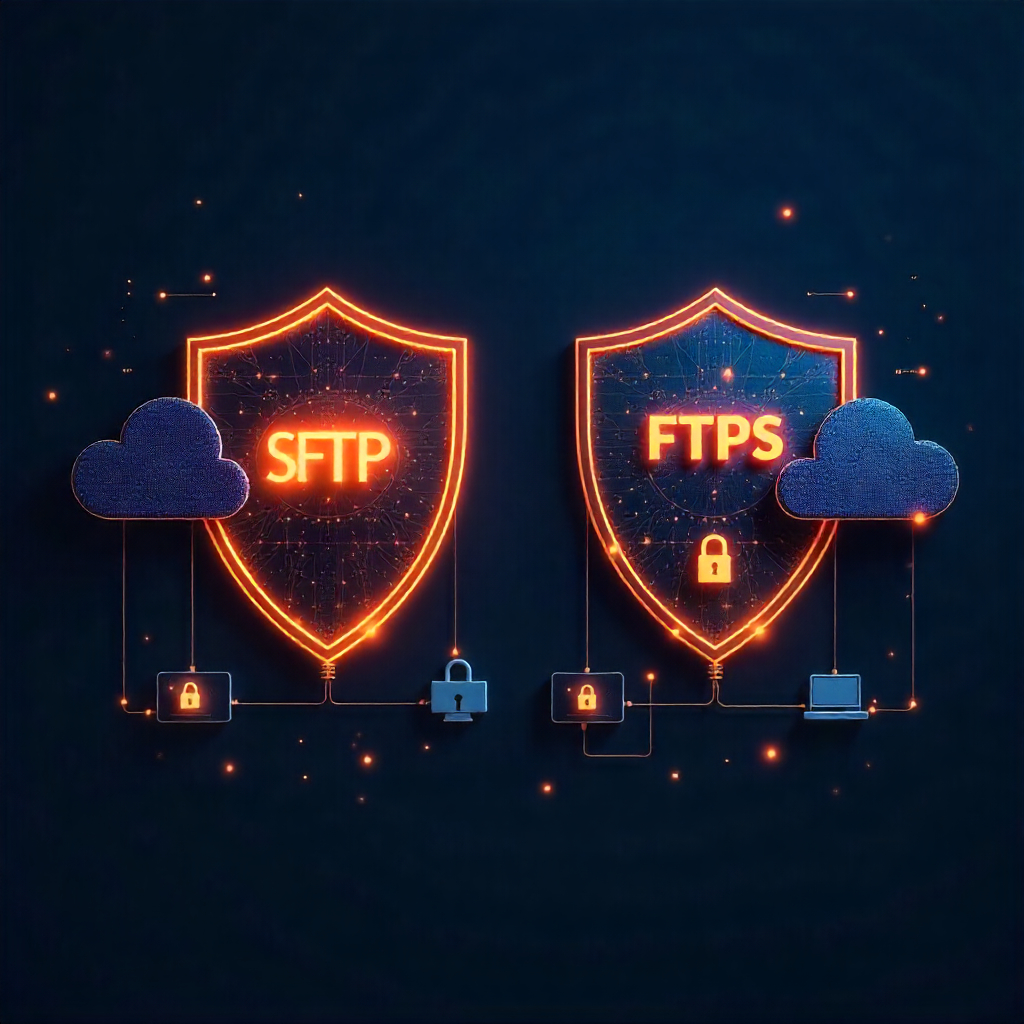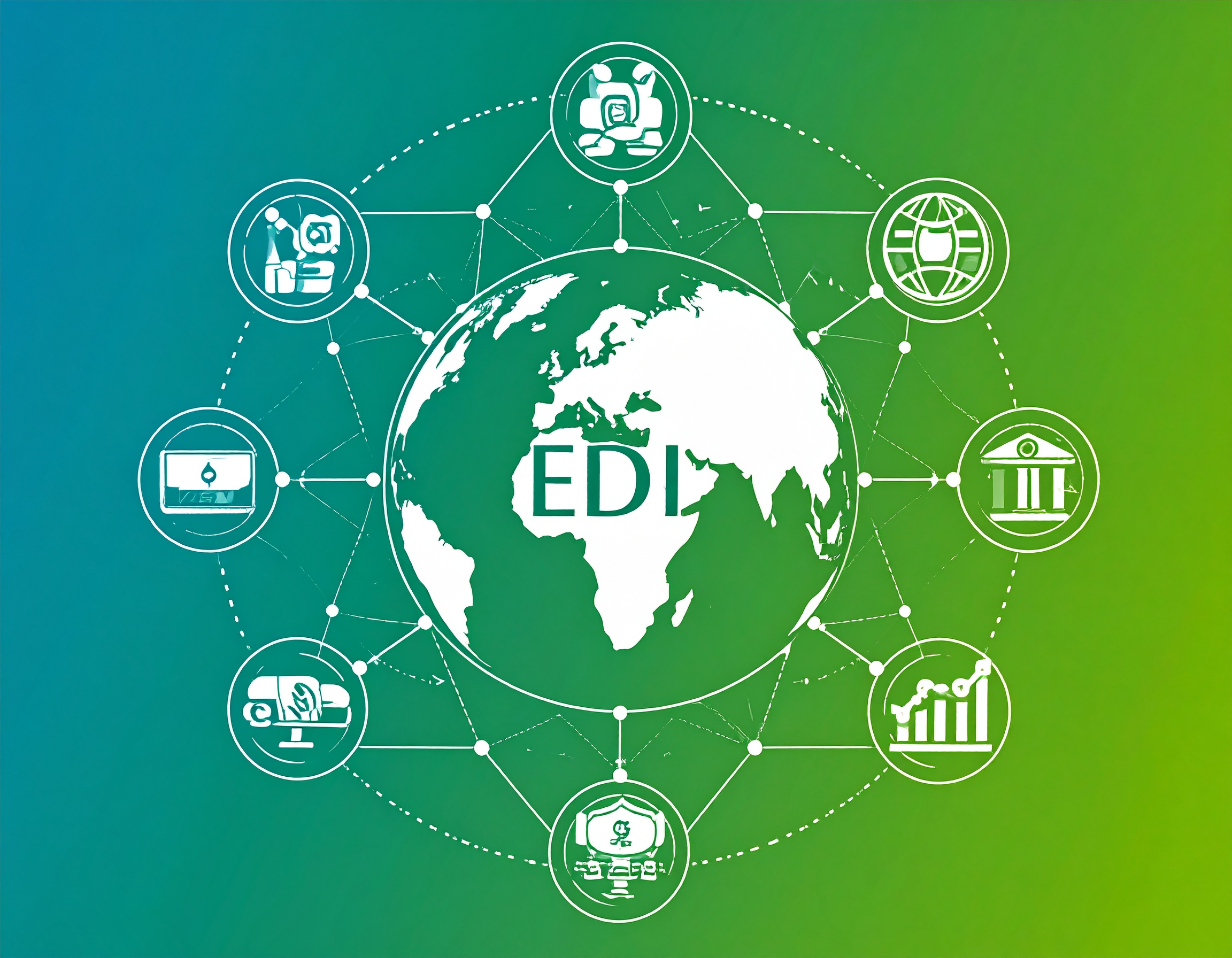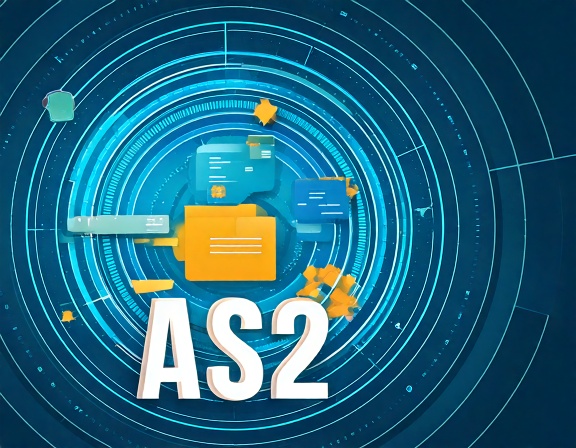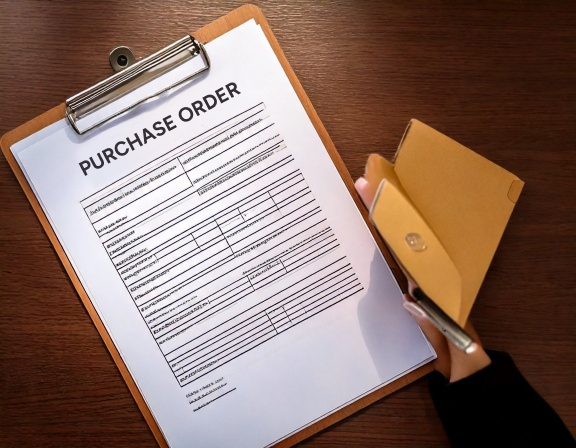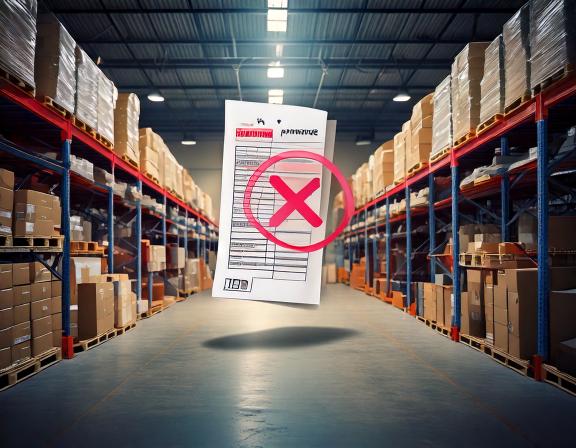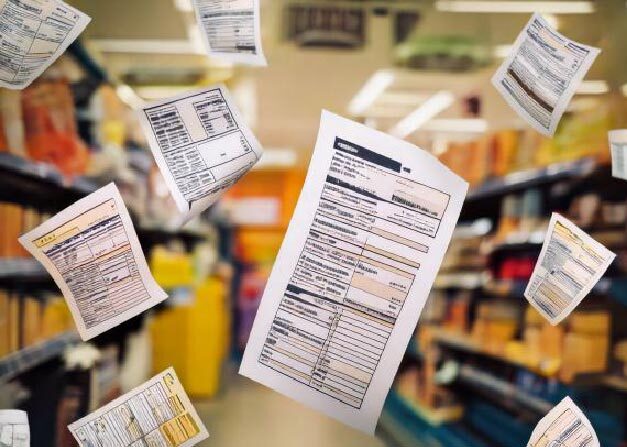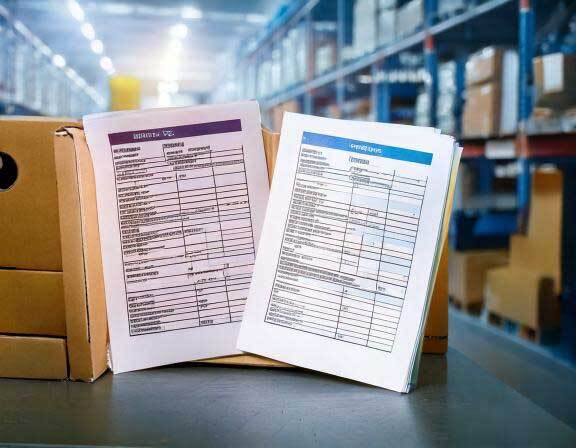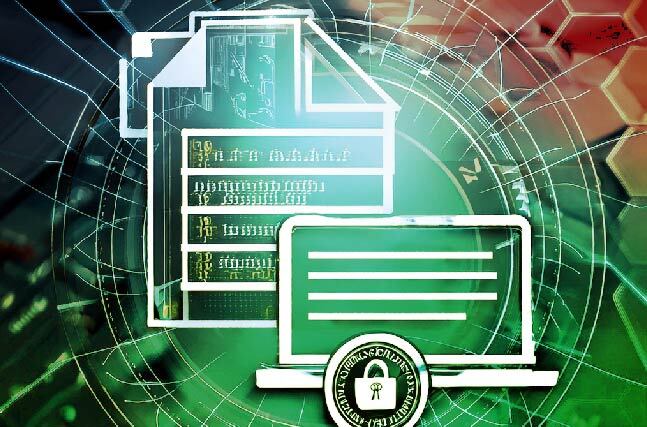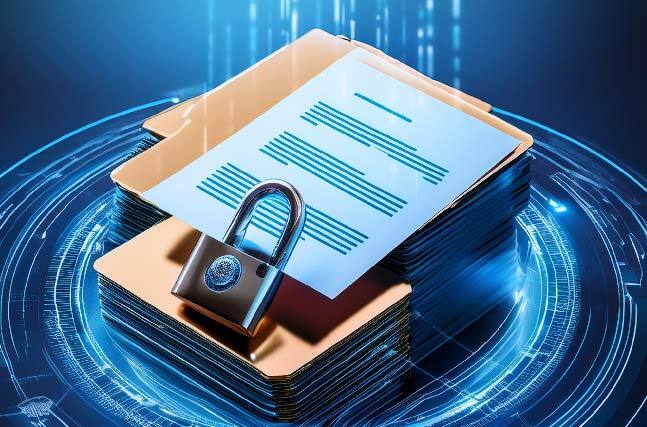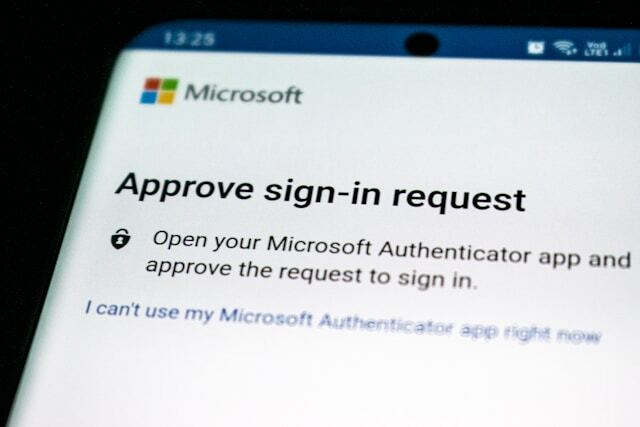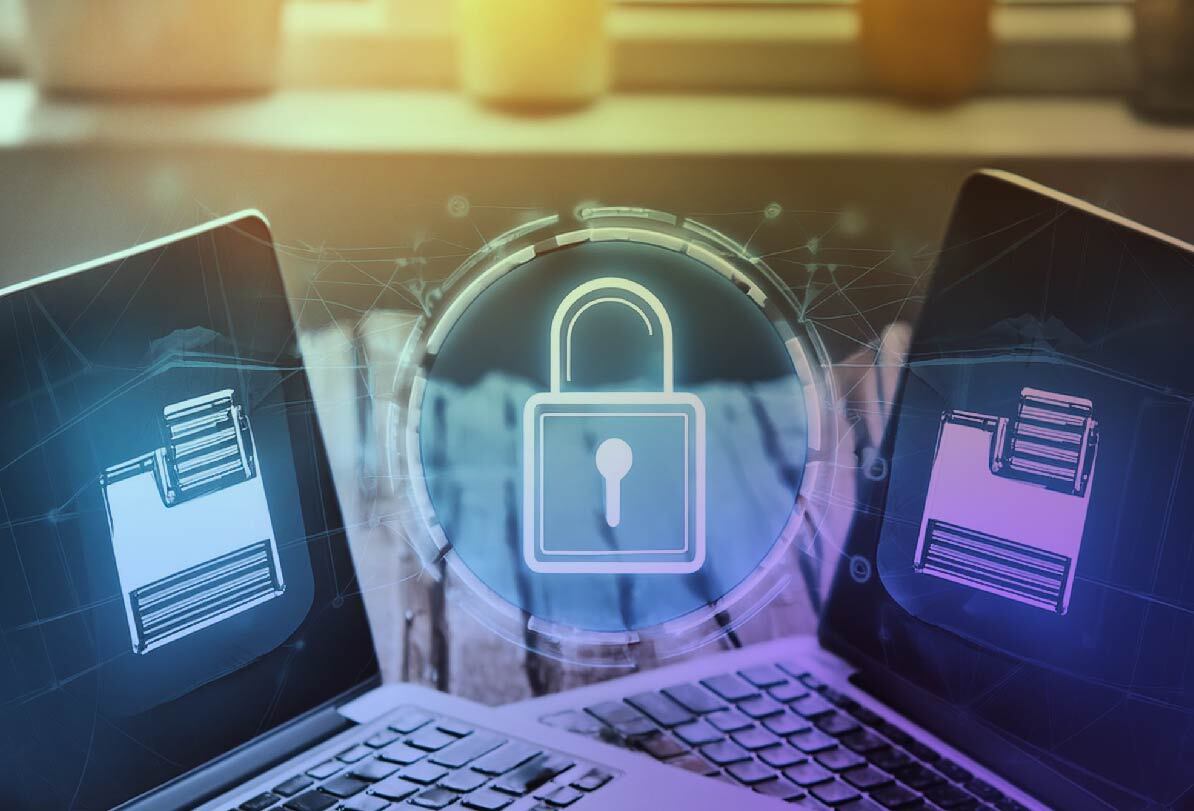MFT Gateway is a hosted Software as a Service (SaaS) solution that enables file exchange over the AS2 or SFTP protocol, without the need to install or maintain.
- Blog
- Renewing Certificates in EDI/AS2 Connections
EDI | AS2
Renewing Certificates in EDI/AS2 Connections
Learn how to efficiently manage certificate renewals in EDI/AS2 connections with our guide on essential steps, best practices, and tips for secure data exchanges.

Kumudika Rupasinghe
Published: 27 Aug 2024

Electronic Data Interchange (EDI) over Applicability Statement 2 (AS2) protocol is widely used for secure B2B communication, especially for exchanging sensitive data like purchase orders, invoices, and shipment notices. Encryption and digital signatures play a vital role in AS2 communication to ensure the integrity and confidentiality of such data. For encryption and signing, AS2 uses digital certificates that authenticate and secure the data being exchanged. However, digital certificates have expiration dates, and failing to renew or replace them in time may lead to communication breakdowns.
This article outlines the certificate renewal process in EDI/AS2 connections, discussing the importance of certificates, the steps involved in renewing them, and best practices to ensure smooth operations during the renewal process.
Importance of Certificates in AS2
The digital certificate is an electronic document that validates the identity of the holder. It contains the public key of the certificate holder along with other identifying information. Digital Certificates facilitate 2 primary requirements in AS2 communication:
-
Encryption: Encryption ensures that the data transmitted between trading entities is protected from unauthorized access. The data is encrypted using the recipient’s public key before being sent and can only be decrypted by the intended recipient using their private key.
-
Digital Signatures: Digital signatures provide data integrity and authentication. The signature ensures that the message has not been tampered with during transmission, and also verifies the sender’s identity.
Certificates are typically issued by trusted certificate authorities (CAs) and some may even use self-signed certificates for AS2 transmission. These certificates have a defined expiration date and need to be renewed periodically. Once a certificate expires, the parties involved in EDI/AS2 communication are supposed to renew the certificate and the partners should update configurations on their end with the new certificate. Else the parties involved in the AS2 connection will no longer be able to decrypt or verify digital signatures, which may lead to communication failures. Therefore, the certificate renewal process is crucial to maintaining secure and uninterrupted EDI/AS2 transactions.
Steps Involved in the Certificate Renewal Process
The certificate renewal process in AS2 involves several key steps that need to be carefully managed to avoid any disruptions. Let’s look at the process:
Certificate Expiry Monitoring
The first step in the renewal process is to keep track of certificate expiration dates. Organizations must monitor the expiration dates of both their encryption and signing certificates to ensure timely renewal. Automated monitoring tools can be used to send alerts as the expiration date approaches, reducing the risk of overlooking renewal deadlines.
Obtain a New Certificate
-
If your AS2 trading partner’s certificate is about to expire, you should request a new certificate from your partner.
-
When your organization’s AS2 certificate is about to expire, you can either create a new self-signed certificate or, if you use CA-signed certificates for AS2 communication, you need to generate a new Certificate Signing Request (CSR). A CSR is a message sent from the requesting party to the CA that contains information about the organization and its public key. Once submitted the CSR to a trusted CA, the CA will verify the organization’s identity and issue a new digital certificate. This certificate will include the public key and other identifying information about the organization, as well as the CA’s digital signature, certifying its authenticity.
Configure the New Certificate
Once obtained a new certificate, the organization must install it on the systems that handle AS2 communications. This includes updating the certificate in the AS2 gateway software and other applications that use the certificate for encryption and signing.
Notify Trading Partners
In an AS2 environment, the receiving party needs to be aware of the certificate changes to continue decrypting messages and verifying signatures. Therefore, timely communication with trading partners is essential in the certificate renewal process. As soon as the new certificate is installed, it’s important to share it with all relevant trading partners so they can update their systems accordingly.
Test the New Certificate
Before returning to full operation, it’s essential to test the new certificate to ensure it is properly configured. Testing should include sending and receiving encrypted and signed messages with trading partners to verify that the new certificate works as expected.
Best Practices for Certificate Renewal in EDI/AS2 Connections
Automate Certificate Monitoring
Using automation to track certificate expiration dates can significantly reduce the risk of expired certificates causing communication failures. Automated tools can send alerts well in advance of expiration, allowing sufficient time for renewal.
Maintain Backup Certificates
To avoid disruptions and mitigate risks during certificate renewal, organizations should maintain backup certificates that can be scheduled and activated if the primary certificate is nearing expiration. These certificates should be tested periodically to ensure they are properly configured. This could be challenging in AS2 systems where different certificates might be used for encryption and signing.
Coordinate with Trading Partners Early
One of the main challenges during certificate renewal is ensuring that all trading partners are informed and have updated their systems with the new certificates. If one party continues to use an expired certificate, communication will fail, leading to delayed transactions. Therefore, it is essential to communicate with trading partners well before the certificate renewal process begins. By giving partners timely notice, they can prepare to update their systems with the new certificates, reducing the risk of failed transactions.
Perform Thorough Testing
Before fully deploying a new certificate, organizations should thoroughly test it by exchanging messages with trading partners. This ensures that the certificate is working correctly and that there are no issues with encryption, decryption, or signature verification.
Schedule Certificate Renewal During Low-Traffic Hours
To minimize disruptions, organizations should schedule certificate renewals during time periods with low transaction volumes. This ensures that any issues can be resolved without impacting critical business processes.

Simplify your AS2 connections and make B2B communication faster, safer, and easier than ever.
Conclusion
The certificate renewal process in EDI/AS2 connections is essential for maintaining secure, uninterrupted communication between trading partners. By following a structured renewal process that includes monitoring, testing, and communication, organizations can ensure smooth transitions from old certificates to new ones. With the right approach, businesses can avoid the costly disruptions that can arise from expired certificates, keeping their EDI/AS2 systems running efficiently.

Talk to an EDI Expert
Join hundreds of organizations already taking full control of their B2B AS2 communications with our trusted solutions. Contact us today to tailor a solution that fits your specific AS2 EDI needs.
Related Articles
View All BlogsExplore our product stack
Try before you buy with a 30-day Free Trial
No commitment, all value. Try the AS2 Solution Risk-Free and discover how our solutions can transform your business workflows. No credit card required.
Explore Your Possibilities
Elevate AS2 Communications with our EDI and AS2 Solutions
See how our AS2 and EDI solutions can simplify your integrations, boost efficiency, and keep you compliant—request a personalized demo today.
